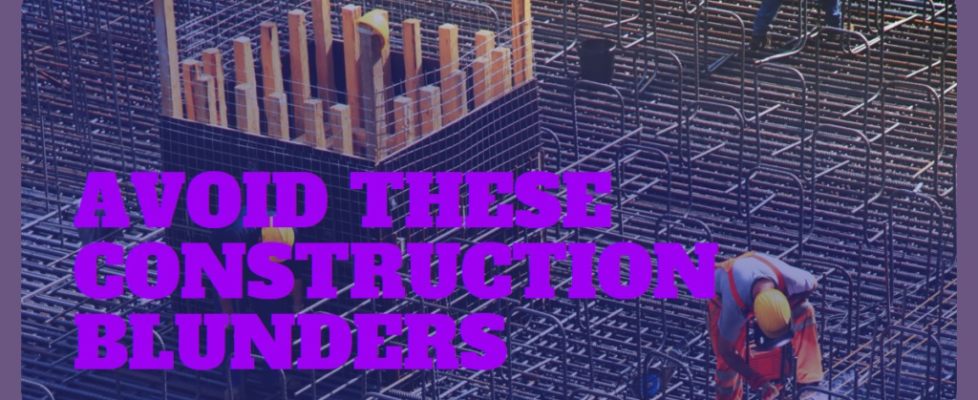5 Common Mistakes That Slow Down Your Construction Projects
Construction projects can be both exciting and challenging. There’s nothing like seeing your plans take shape. It applies to both a minor renovation and a large commercial build. However, delays are a common hurdle with any construction project. Unforeseen challenges can lead to missed deadlines, increased costs, and frustration. Let’s take a look at five common mistakes that can bring your construction project to a standstill.
1. Lack of Proper Traffic Management
An often-overlooked area in construction is managing vehicle and pedestrian traffic. A traffic management company is vital for a smooth project. This is especially true in busy areas. A poor traffic plan can cause congestion and safety issues. This may lead to significant delays. Poor traffic management can cause accidents and legal issues. It can also lead to costly downtime. A clear plan is essential. It must coordinate traffic, equipment, and personnel.
2. Inadequate Planning and Scheduling
Poor project planning is one of the most common reasons for construction delays. It’s not enough to create a general timeline. You need a detailed schedule for every project phase, including potential delays. Miscommunication between teams, contractors, or suppliers can disrupt workflows. This can cause costly downtime.
The best way to avoid this is to set clear milestones and deadlines for each stage of construction. Use project management tools to track progress. They help ensure everyone is on the same page. Regular updates can avoid surprises and keep the project on track.
3. Poor Communication Among Teams
Communication breakdowns are a frequent cause of delays. Construction projects often involve many teams, from engineers to contractors and subcontractors. If communication isn’t clear and efficient, errors can occur. This leads to rework and lost time.
Ensure that all teams have a centralized communication channel. Regular meetings, updates, and documentation are essential for aligning everyone with project goals. Good communication helps find and fix issues before they grow.
4. Not Accounting for Weather Conditions
Weather is one of the few things you can’t control, but it’s crucial to plan for it. Many construction projects fail to account for bad weather, leading to unexpected delays. Rain, snow, and extreme temperatures can halt outdoor work. They can damage materials and affect safety.
To avoid weather-related delays, track the forecast regularly and have contingency plans. Depending on the weather, you may need to shift the timeline or reschedule tasks. Planning for the worst can keep the project moving forward, even when the skies turn gray.
5. Poor Site Management and Safety Standards
Construction sites are complex environments where various activities occur at the same time. Poor site management can slow progress, cause safety issues, and create chaos. Ignoring safety rules or skipping site inspections can cause accidents. This endangers and delays workers.
Follow all safety standards. Assign dedicated staff to manage the site. Regular inspections, safety drills, and clear signs help. They keep the worksite organized and address hazards quickly. A culture of safety and accountability can cut accident risks. It will also improve workflow on the construction site.
Avoidable mistakes often cause construction delays. For example, planners may neglect the role of a traffic management company. Addressing these common issues can keep your project on track. Planning, clear communication, and monitoring each phase will avoid costly delays. It will ensure that the team completes the project on time.

